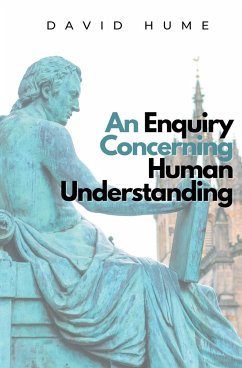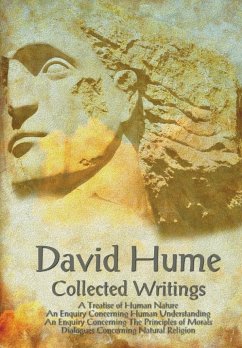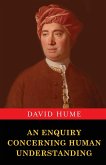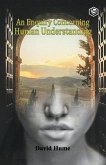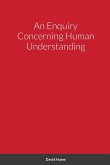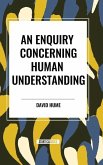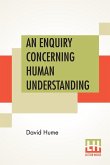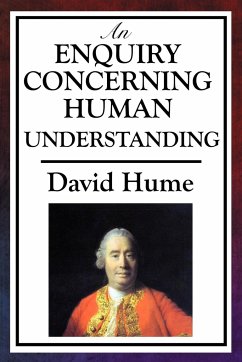"In our reasonings concerning matter of fact, there are all imaginable degrees of assurance, from the highest certainty to the lowest species of moral evidence. A wise man, therefore, proportions his belief to the evidence." The book that famously woke Kant from his "dogmatic slumber", Hume's 1748 work was an early version of popscience in action. Hume believed that his anonymously published A Treatise of Human Nature had "fell deadborn from the press" in 17391740, so he redeveloped, reworked and republished a shorter version, which he believed to be the important bits, and called it An Enquiry Concerning Human Understanding. It was published in 1748, and is still a classic of modern philosophical thought.
Hinweis: Dieser Artikel kann nur an eine deutsche Lieferadresse ausgeliefert werden.
Hinweis: Dieser Artikel kann nur an eine deutsche Lieferadresse ausgeliefert werden.

